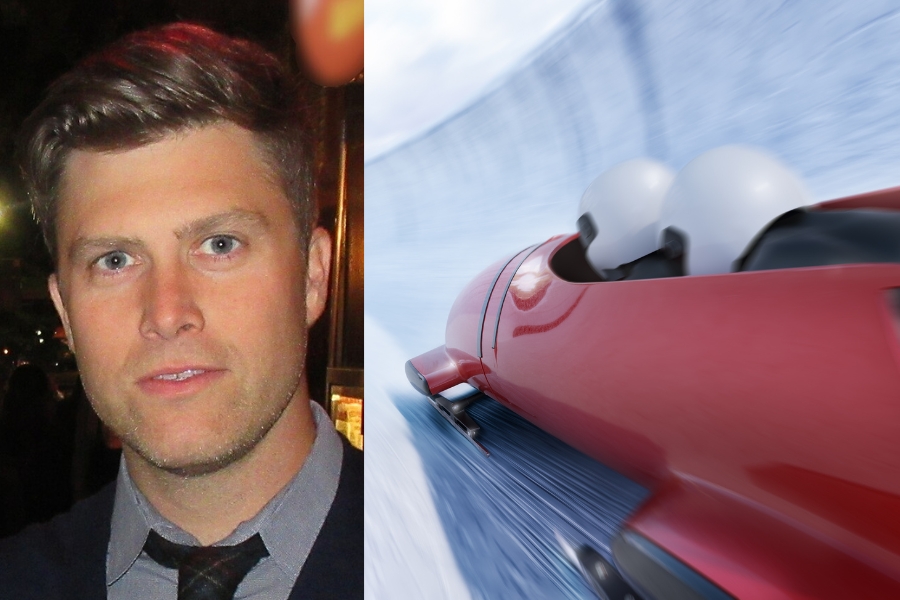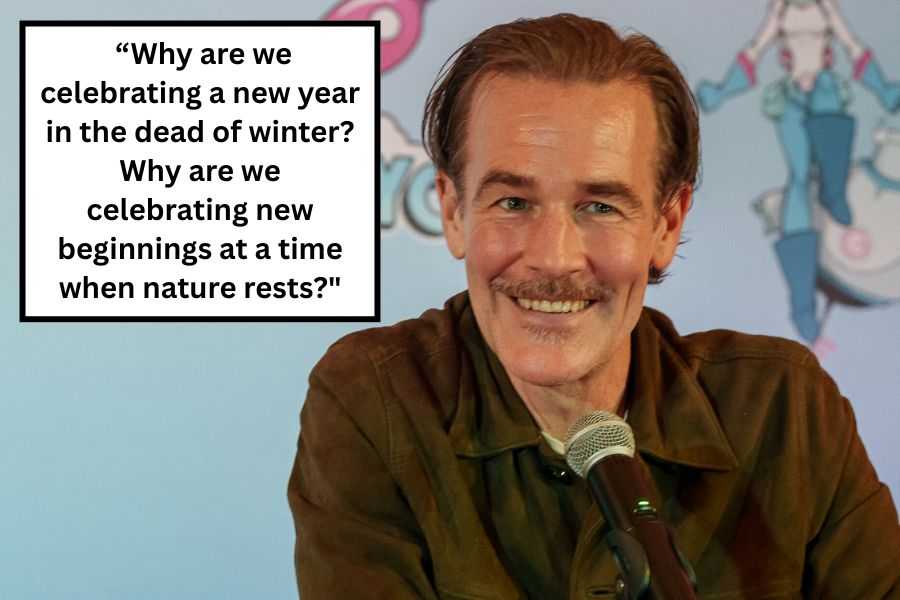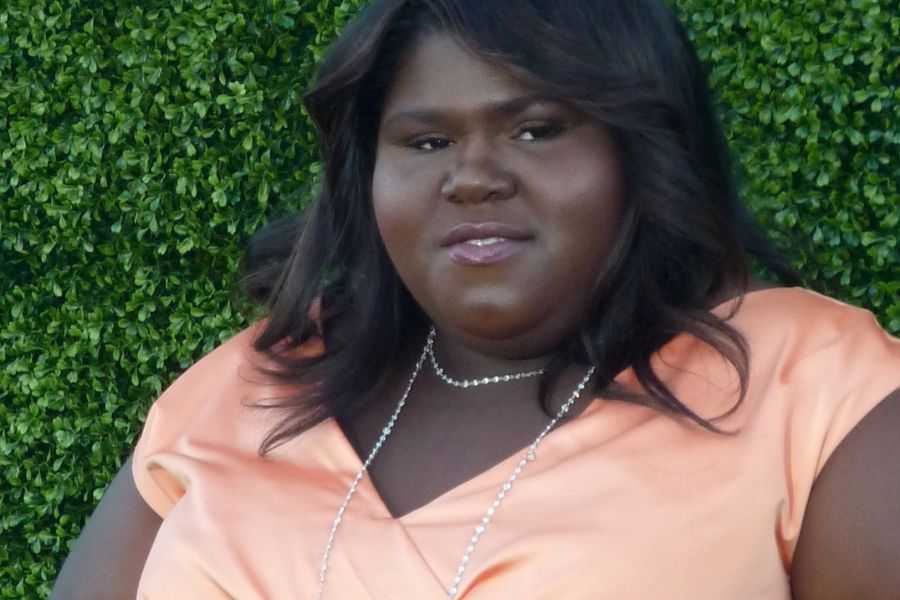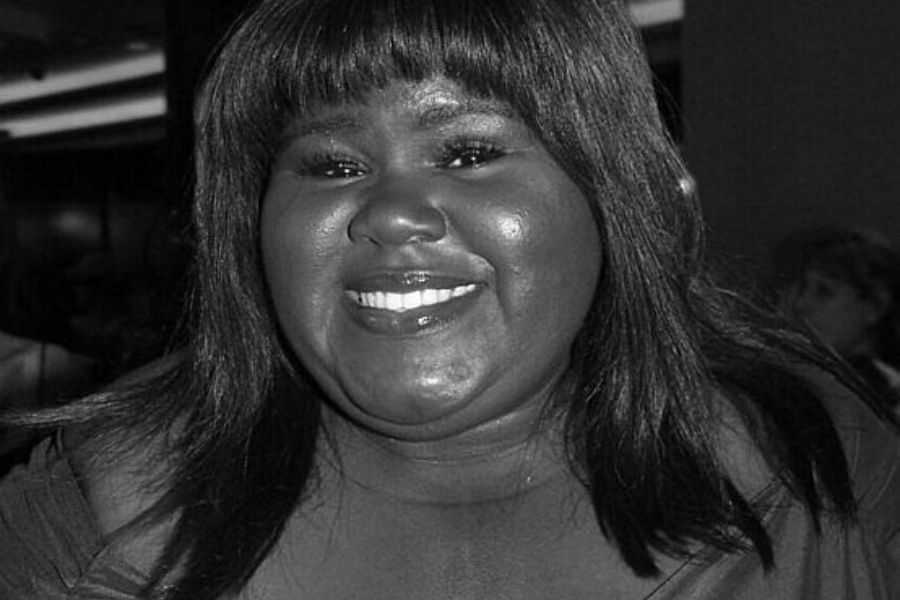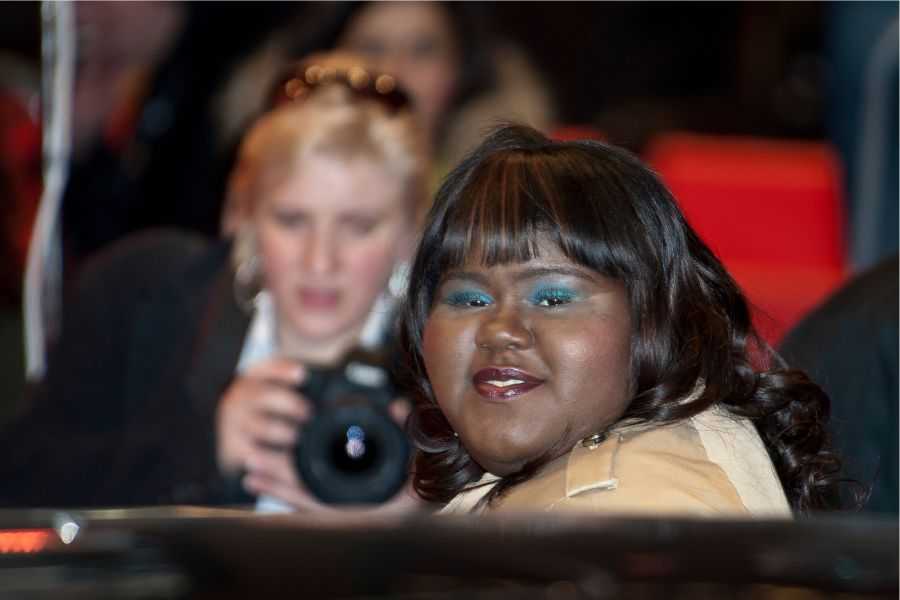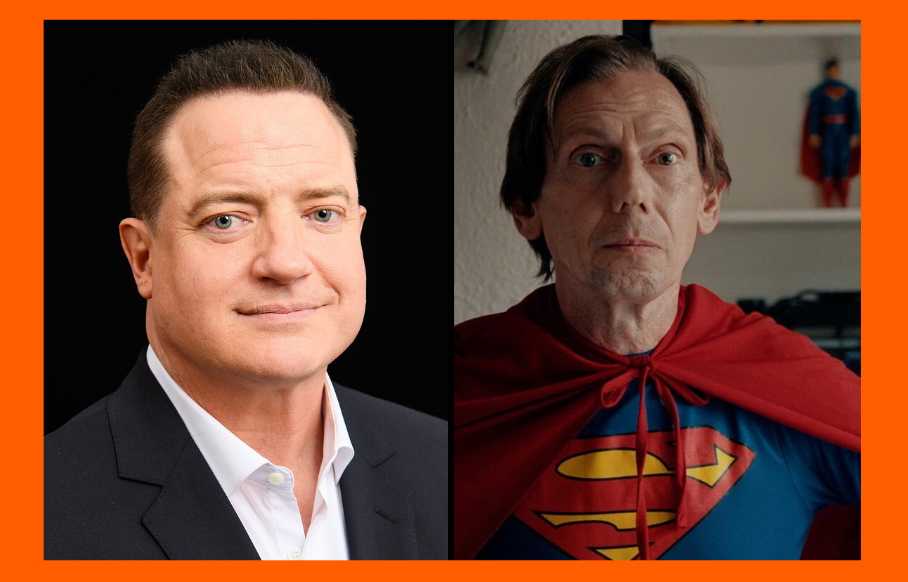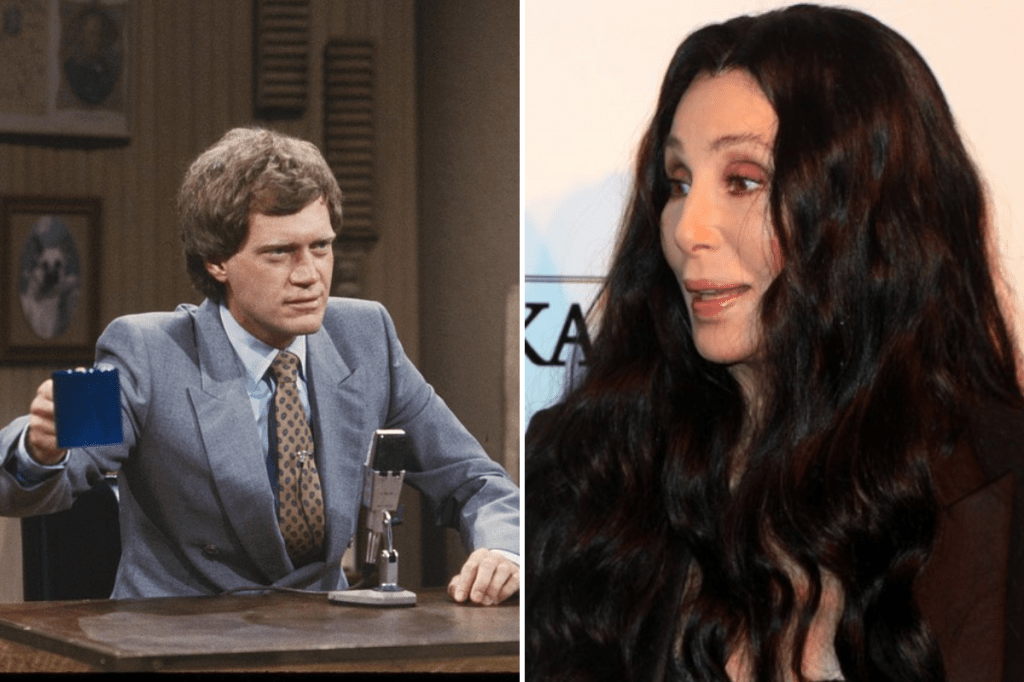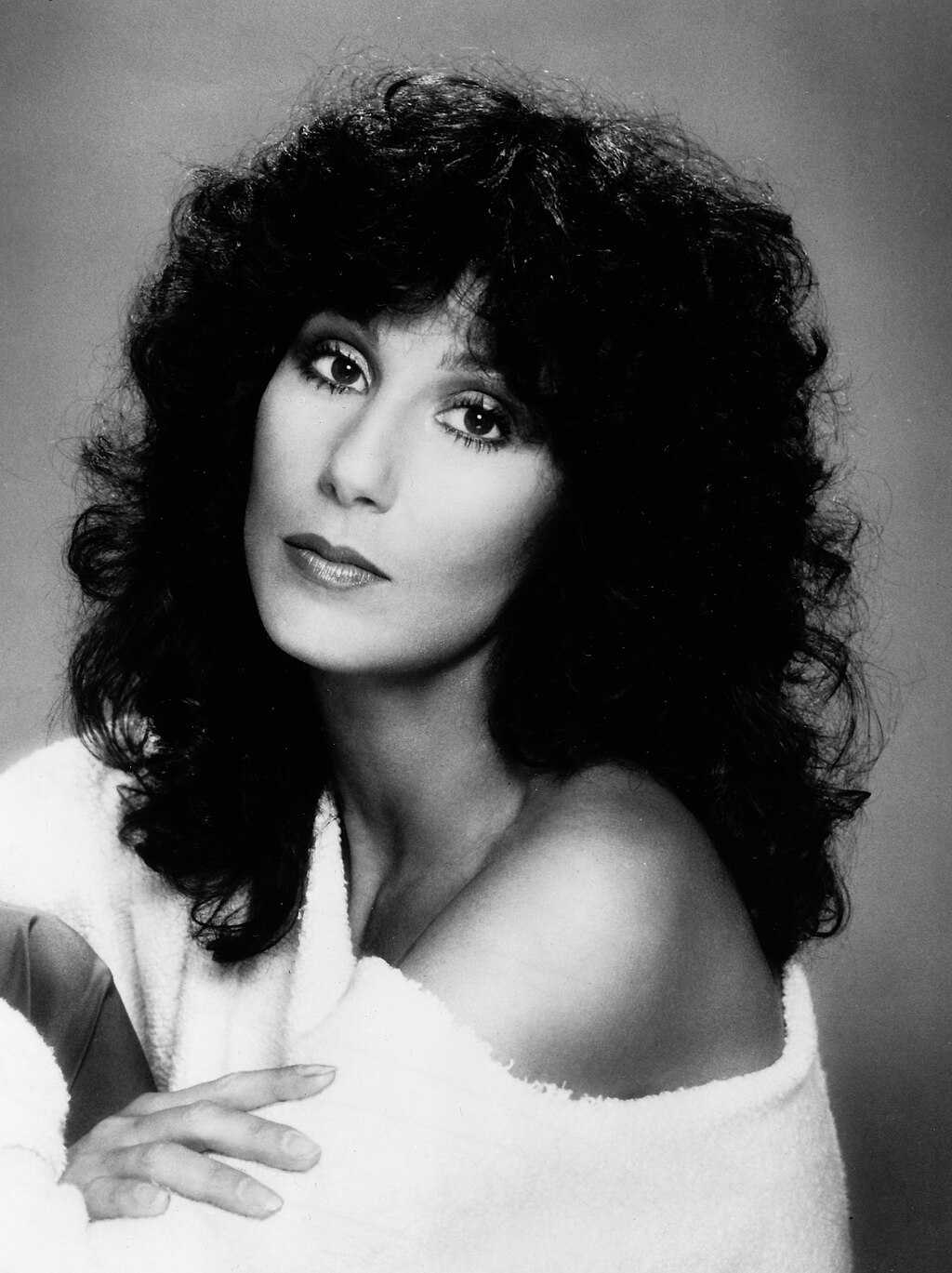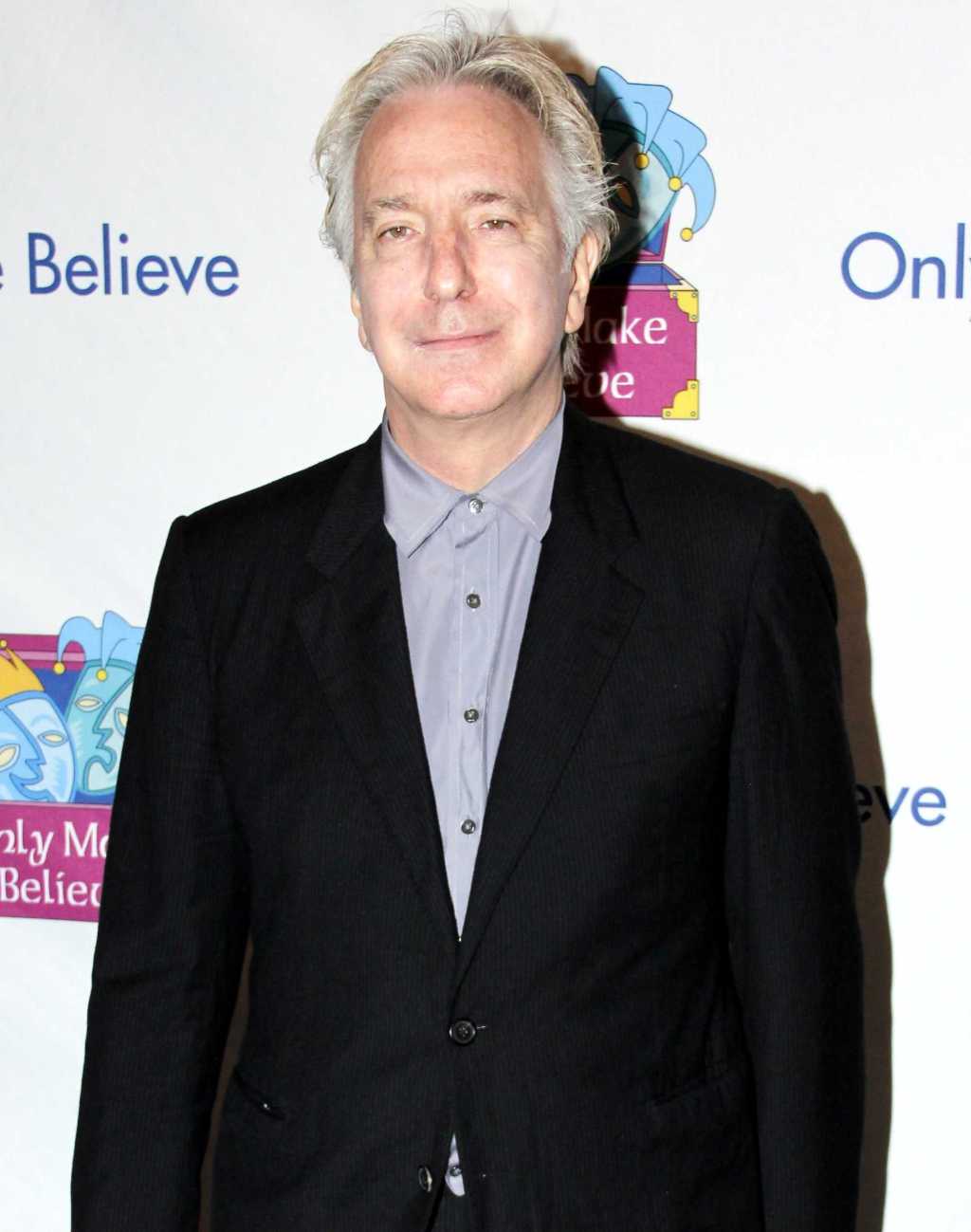Gilmore Girls is one of those TV shows that’s easy to judge negatively until you actually watch it. The fast-paced dialogue, quick-witted humor, colorful characters and surprisingly smart cultural references can take you by surprise if you’re not expecting them.
The show was moderately popular when it aired on the CW, but it got a huge second life thanks to DVD and streaming services. However, like every show, not every element has stood the test of time. Since its creation, we’ve been through some major cultural shifts that have shone a spotlight on problematic tropes and forced us to reexamine what we find funny.
The “Me Too” Movement brought into focus the ubiquity of sexual harassment and sexual assault against women. That conversation included the problems with objectifying women’s bodies. But objectification can happen to—and hurt—both women and men, as Gilmore Girls actor Scott Patterson shared on a 2022 episode of his podcast.
Patterson played Luke Danes, one of the primary love interests of the show’s main character Lorelai (played by Lauren Graham). Patterson’s adorably grumpy, flannel-shirted character was a fan favorite, and for the first time, the actor is rewatching the whole series and giving scene-by-scene commentary in his podcast I Am All In (named for one of his most swoon-worthy lines).
Most of what he shares in the podcast is positive, but while watching an episode from Season 3 (“Keg! Max!”), he shared an experience that bothered him. One of Patterson’s podcast cohosts pointed out what she called “the butt scene” in the episode. In that scene, Lorelai and her best friend Sookie (played by Melissa McCarthy) spend an inordinate amount of time discussing Luke’s butt after Sookie accidentally touches it. The cohost said she didn’t know if that scene would fly today and that acknowledgment prompted Patterson to share how he felt about it.
“You want to ask me how that feels?” he said. “Yeah, that was disturbing. I realized it wasn’t OK, and it didn’t make me feel comfortable at all. It made me feel really embarrassed, actually.”
“It’s infuriating to be treated that way,” he continued. “It is infuriating because you’re being treated like an object. And it’s disturbing, and it’s disgusting. And I had to endure that through that entire scene and many takes. It was all about the butt, the butt, the butt, the butt. When we weren’t filming, we were sitting down and people were still talking about the butt, the butt, the butt. It was the most disturbing time I have ever spent on that set, and I couldn’t wait for that day to be over.”
Patterson’s female co-hosts debated the appropriateness of the scene within the context of the relationships of the characters. On the one hand, it felt like the type of flirting a couple might do, and Luke and Lorelai do eventually get married on the show. But at the time of that scene, Luke was dating someone else and the repeated nature of going back to his butt pushed it from a singular flirtation (which still may have been questionable) to something that made Patterson feel like the character was being humiliated and having his dignity taken away.
“It wasn’t OK with me. I hated that scene,” he said. “It’s as disgusting for women to objectify men as it for men to objectify women and it’s as harmful. It was just the most offensive day I’ve ever spent on a set. Just because it was 2003 didn’t mean it was OK. It’s never OK. And I didn’t feel comfortable doing it and it pissed me off.
“I never said anything, so I was angry at myself for never saying anything,” he added. “But, you know, I had this job and I didn’t want to make waves and all that.”
Patterson said he hadn’t planned on sharing those feelings on the podcast, but rewatching the episode brought back how uncomfortable he’d felt at the time.
As his cohosts pointed out, if you reversed the genders and switched out “butt” for “boobs,” it would be a glaringly inappropriate scene. Of course, there’s always been a different power dynamic between men and women that has made it extremely difficult for women to speak up when they are being objectified, so the experiences aren’t exactly comparable. But in this case, the showrunner was a woman with power over Patterson as an actor. Some women might say, “Well now he knows how it feels to be a woman,” with little sympathy, but that reaction feels less than healthy. Objectification is objectification, and Patterson has every right to feel disturbed by how he and his character were treated in that scene.
Here’s to the hard conversations that have led us to this point where people being objectified can speak out about how it feels and actually be heard, and here’s to Scott Patterson for moving those conversations forward.
You can listen to the podcast episode here and watch Patterson share why he started the podcast with TODAY:
This article originally appeared three years ago.






